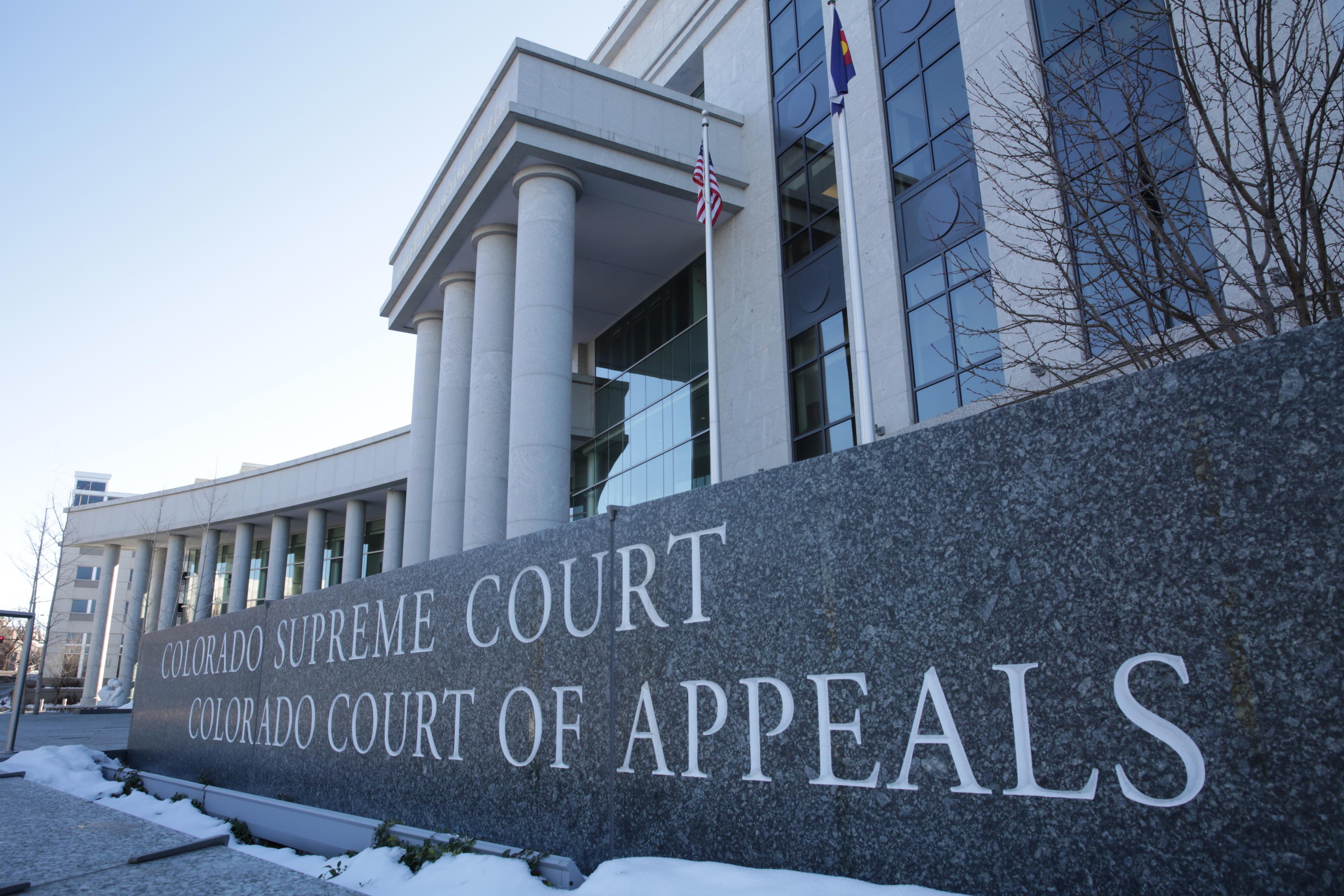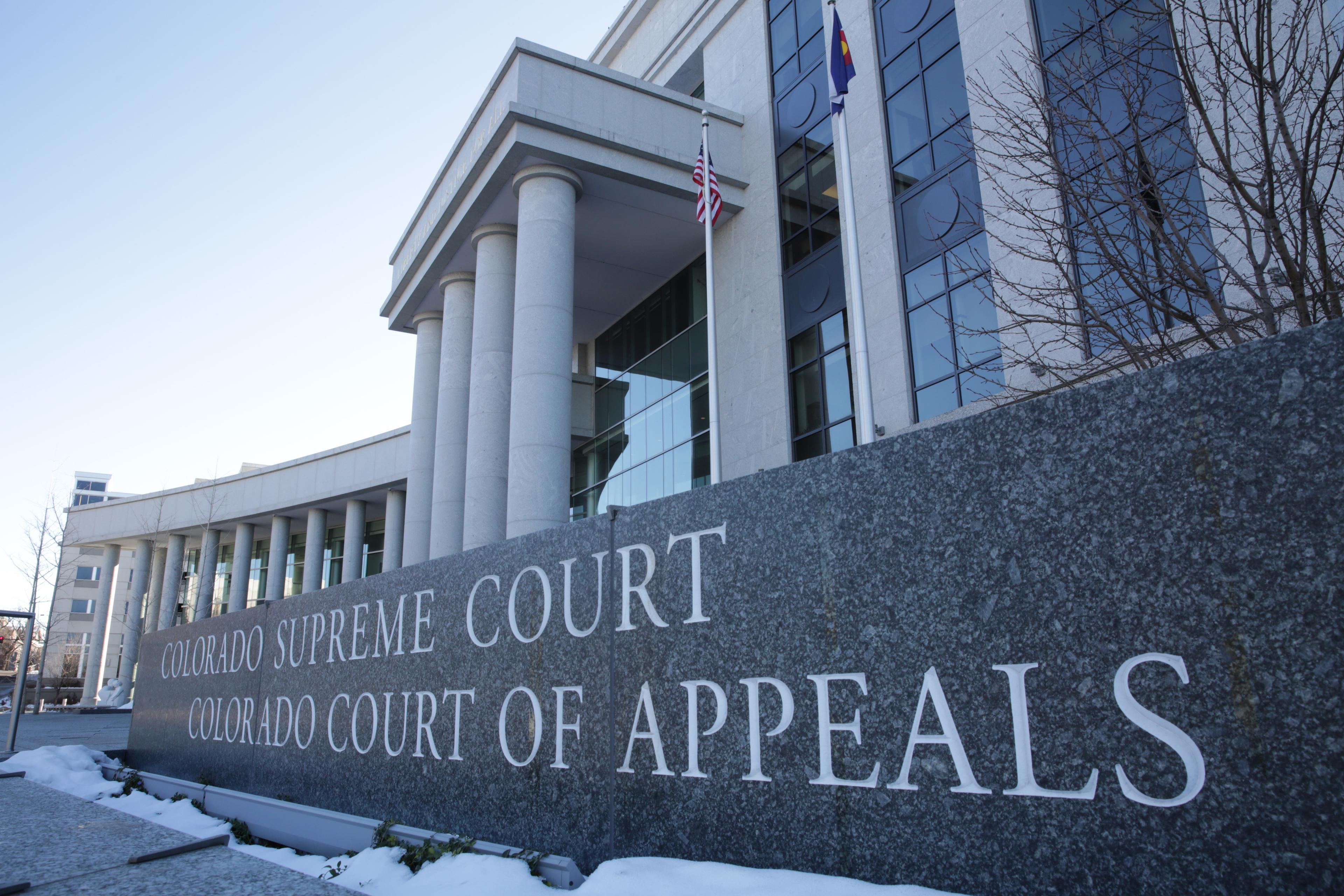

Posted: 2:30 p.m. | Updated: 4:15 p.m.
The Colorado Supreme Court on Monday declined outgoing Gov. John Hickenlooper’s request for the high court to clarify how two constitutional amendments should affect property taxes.
Fire districts, counties, and other organizations that operate on property tax revenue say the interaction between the Gallagher Amendment and the Taxpayer’s Bill of Rights results in a decrease in revenue — and services.
This is a step back for rural Colorado,” Gov. John Hickenlooper said in a statement. “We were hopeful that our questions would have been considered. Today’s decision puts the focus back on the General Assembly.”
Colorado State Fire Chiefs Executive Director Garry Briese plans to take the issue up with the legislature when it reconvenes in January 2019, though he said even if legislation were passed a popular vote could be necessary as well.
“If that’s the only way to do it, that’s what is going to be required,” he said. “Otherwise we’re going to find ourselves in almost a death spiral of finances.”
- How’d This Happen? Get The Story Behind Doug Bruce And TABOR
The Gallagher Amendment, passed in 1982, requires that owners of residential properties pay 45 percent of all property taxes while commercial property owners pay the rest. TABOR, passed in 1992, requires that voters approve all tax increases.
The result: Gallagher has sent residential property assessment rates down to keep the 45/55 split, and TABOR has kept governments from raising mill levies to make up for lost revenue.
The author of TABOR, Colorado Springs resident and anti-tax crusader Douglas Bruce, said he wrote his amendment specifically to have this effect.
“It’s not an unintended consequence or any of that other nonsense that the TABOR haters keep coming up with,” he said in a phone interview. “It’s intended to say ‘OK, you want to have a price-fixing ratio of 45 percent residential? That’s fine. But you cannot raise anybody’s taxes, residential or non-residential without voter approval.’ “
Bruce said he was glad for the Supreme Court declination. If local governments need more money, Bruce said, all they need to do is ask. Twenty-five years of election results show that while nearly all statewide tax increases fail, local governments do have some success convincing voters to raise their own taxes.
But Briese with the Colorado State Fire Chiefs said the situation is becoming untenable for fire protection districts.
“If that’s the way the public wants to fund fire service in Colorado, then we have some serious rethinking to do — both as the fire service and the public,” he said.








